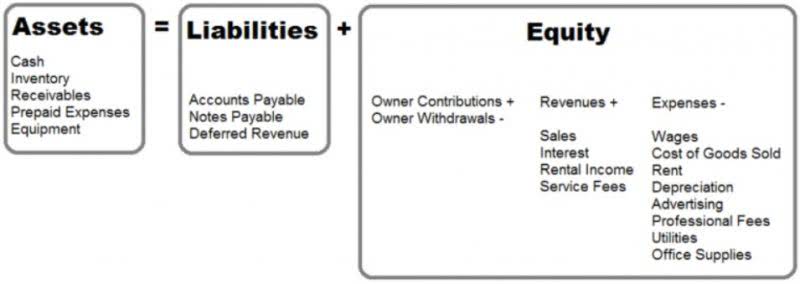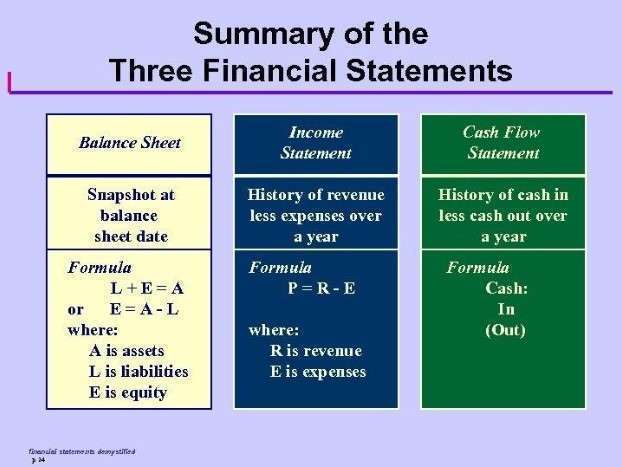
By employing industry-specific cannabis accounting strategies, we can help you streamline your operations, reduce tax burdens, and enhance profitability. In light of ledger account the complexities and ever-changing regulatory environment in the cannabis industry, professional guidance becomes indispensable. Cannabis processors, which extract and refine plant material to create products such as concentrates and edibles, face similar tax challenges as cultivators. Section 280E limits deductions for businesses that process cannabis, but deductions are available for expenses related to manufacturing, such as equipment and raw materials. Accurate record-keeping and cost accounting are critical for processors to track their expenses and minimize their tax liability.

MariMed Launches Wholesale Cannabis Operations in Missouri
We asked the cannabis community how they plan to thrive in 2025; from emphasizing teamwork to putting a new perspective on business, these pot pros put a positive spin on what’s ahead. We delve into how this might impact the approach to advertising expenses, offering valuable insights for every cannabis CPA. Employees’ activities determine whether their labor is deductible (allocable to COGS) or non-deductible. We recommend documenting labor for all the tasks in your operation and documenting activities in employee job descriptions to support the allocation of labor to deductible COGS. Whether you have already begun year-end tax planning or you are just getting started, the following tips can help you avoid significant penalties and prepare for 2023.
Keeping it local
- Review your business’ floor plan to identify opportunities to deduct rent and other related items under 280E.
- Polston Tax has extensive experience resolving IRS and state tax issues, reducing or eliminating liens and wage garnishments, assisting with audits, and many more tax and financial-related services.
- Maintaining consistency in accounting methods is a fundamental principle in financial reporting and tax planning.
- This tax code was enacted in 1982 primarily to prevent drug traffickers from claiming tax deductions.
- In the rapidly evolving cannabis industry, establishing clear Key Performance Indicators (KPIs) is crucial for gauging business performance and driving data-informed decisions.
- In a new market like New York, studying sales trends from markets such as California allows a retailer to make smart decisions regarding purchasing and product trends.
To ensure your cannabis company is maximizing their tax benefits while minimizing your liabilities, here is a comprehensive tax planning checklist you can follow. Some cannabis businesses have managed to separate their non-cannabis business from their cannabis business, allowing non-cannabis related expenses to be deductible under federal tax law. This strategy, however, requires careful scrutiny and substantiation of records. Year-end tax planning is a critical aspect of managing your finances as a cannabis business owner. It allows you to optimize your tax strategy, minimize your tax liability, and protect the wealth you generate from your cannabis business.
Your Cannabis Business Tax Planning Checklist
- But this will require proactive adjustments to accounting practices and tax filings.
- The Cannabis Regulatory Commission oversees the regulation of the processing, cultivation and sale of marijuana.
- This discrepancy can lead to significantly higher taxable income and tax liabilities, creating financial strain and limiting cash flow.
- This is the time to evaluate your tax situation and try to minimize tax liabilities while considering your overall financial position.
- You must provide accurate reports about your employee salaries to ensure tax code compliance.
- On the other hand, lower tax rates can encourage more consumers to buy from legal sources, helping grow the legal cannabis industry.
- Many states offer tax incentives or credits that can help offset some of the financial burdens imposed by federal regulations.
Make sure that you have reconciled all of your balance sheet accounts such as cash, bank accounts, accounts payable, loan balances, payroll taxes payable, accrued payroll, and other liabilities. This needs cannabis accounting to be done to make sure you have all of your income and expenses recorded. Business owners assume they are making money when we have closed the books, resulting in an operating loss for the business. You should always discuss entity selection to make sure the current entity makes the most sense for your organization today based on current tax law, court cases, or strategic goals that may have changed.
This involves starting annually from a blank budget and analyzing expenses for the current budget cycle, taking into consideration business goals and future plans. Utilizing platforms such as Instagram and Facebook allows cannabis businesses to connect with their audience. Sharing user-generated content, product showcases, and educational posts cultivates community interaction.


Unlike other industries, cannabis companies cannot deduct ordinary business expenses like rent, utilities, or marketing costs. This restriction significantly inflates effective tax rates, leaving many operators struggling to stay afloat despite healthy revenues. Operating a legitimate cannabis business while navigating the intricate labyrinth of federal, state, and local taxes can be daunting. As the cannabis industry continues to evolve and expand, business owners must understand how to manage their business taxes properly. From federal tax code 280E to state and local taxes, the taxation landscape for cannabis businesses is Bookstime complex and ever-changing.
The loss of these deductions significantly impacts the cannabis business’s taxable income. Massachusetts has been at the forefront of progressive cannabis financial reforms in the region. The state decoupled from 280E as early as May 2022, providing relief to cannabis businesses by allowing deductions and credits for ordinary business expenses. Massachusetts serves as a beacon of hope for cannabis entrepreneurs, demonstrating the potential for state-level reforms to alleviate the tax burdens imposed by 280E. AAFCPAs partners with cannabis businesses to navigate complex tax, finance, and regulatory challenges. With more than a decade of experience, our team provides tailored solutions to help you optimize financial strategies and comply with evolving federal and state regulations.